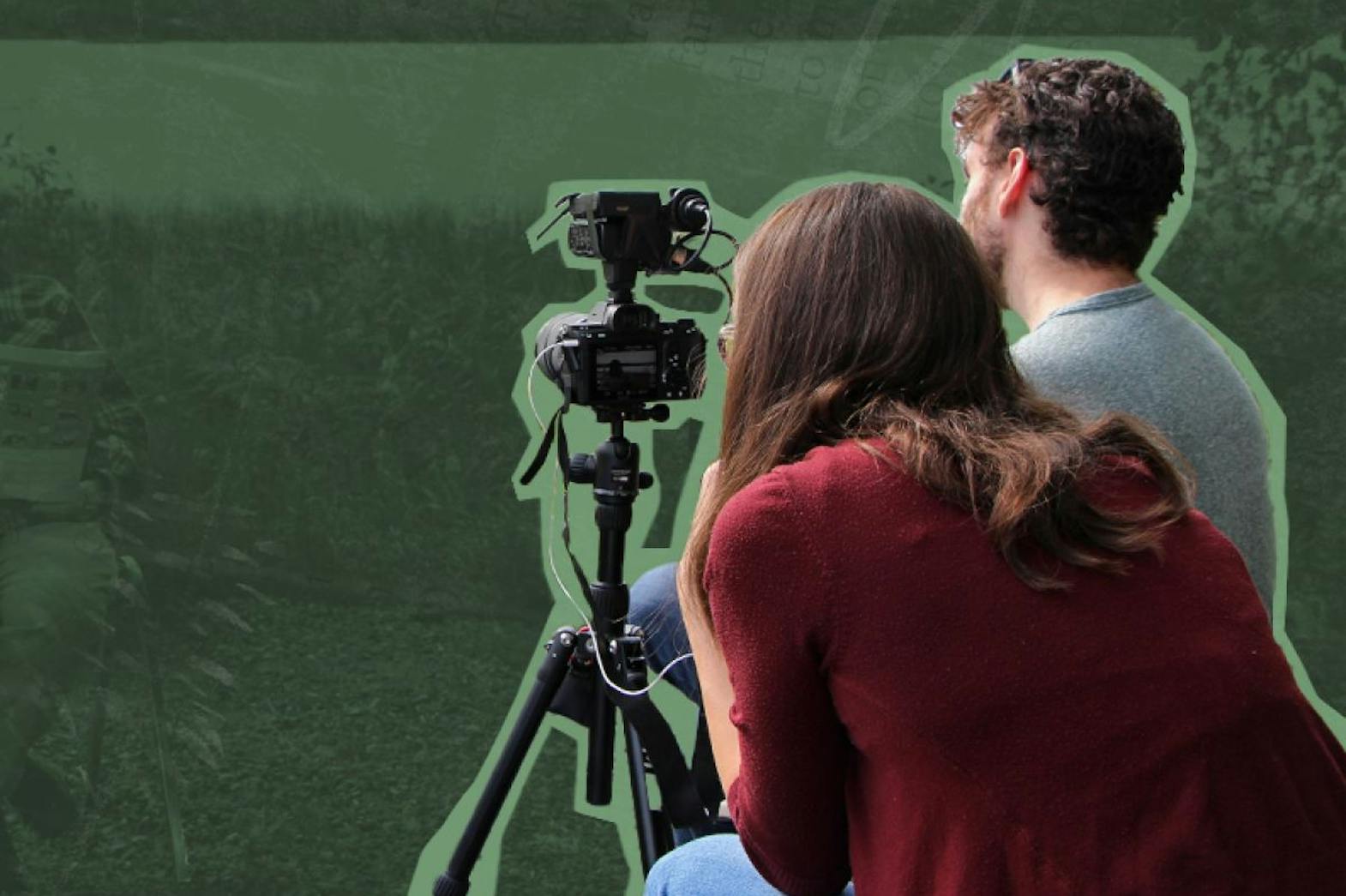Over the past year, Narratives’ video projects have continued to evolve.
Some of these video projects include producing documentaries, which are currently in the early stages of development. As we delve into the unique workings of documentary filmmaking, we acknowledge that during the process of gathering and recording information through interviews, we must also approach this work, as we do with every project, through a trauma-informed lens.
For many documentaries, the interviewees are the primary characters and storytellers of the film. They help guide, explain, and validate the events of such topics through their own unique perspectives. The documentaries that Narratives develops will involve a series of interviews touching on sensitive and potentially triggering topics. Some of these topics can resurface difficult memories, which can affect both the interviewer hearing it and the interviewee sharing it. It is important to take the steps needed to conduct a safe and trauma-informed interview.
The following is a list of some tips and strategies for conducting video interviews using a trauma-informed approach:
- Keep it informal. Interviewing for a film can be quite daunting for the interviewee with all the lights, cameras, audio equipment, and crew involved. As the interviewer, try to build rapport and have a casual conversation with the interviewee before starting – this allows the interviewee to settle into their surroundings and get comfortable with speaking to you. Lastly, avoid a formal start; try a simple cue, like a nod to the sound and camera operator, to start recording. This avoids drawing attention to the cameras and the start of the interview. Here is a fun example of a “nonchalant” start to an early interview with Steve Jobs. Start clip 1:20 minutes into the video.
- Limit crew and equipment. Having a small team consisting of the interviewer, camera operator, and sound operator will help the interviewee feel less overwhelmed. Try your best to avoid too many lighting setups as well. It can be very intimidating for the interviewee to be the center focus of what feels like a “Hollywood” lighting setup. The goal is to make them feel comfortable sharing, not to aid in the already intimidating and vulnerable nature of being the subject of a documentary.
- Be transparent. First, emphasize your gratitude for the interviewee’s time, knowledge, and the value they bring. Those who are willing to share and relive their stories on camera should know they are valued. Additionally, be transparent about the questions you have planned. Don’t blindside them with a sensitive question – establish the level of sensitive material you will be asking prior to the interview and how/where the interview will be used. Plan how you think your questions may affect your interviewee and aim to ask the more sensitive questions later on in the interview.
- Be mindful of locations. The location of an interview can be an important tool in making the interviewee feel comfortable. Try to find an open space, preferably outdoors. If you are filming in an interior location, aim for a room with windows and leave the entryways open if possible; open spaces with visible, accessible exits will help the interviewee feel more comfortable and may even help mitigate some potential triggers. Make sure the seating is comfortable, and be sure to provide refreshments as well.
- Have a Support Worker on Standby. If time and budget allow, try having a support worker on standby throughout the interviews. A support worker will know how to provide proper care for those managing heavy emotions after a difficult interview process.
- Consider the Impact on the Crew. Documentary filmmakers who have worked with sensitive topics may develop vicarious or secondary trauma. This indirect form of trauma is caused by second-hand exposure to sudden or persistent exposure to other people's suffering. Having a team debrief post-interview or meeting is something Narratives does often. Lastly, have a self-care plan. The Narratives’ team took a two-day workshop on Psychological First Aid, which gave us the opportunity to develop a self-care plan for ourselves, as well as basic tools for supporting others.

The ethical practice of trauma-informed interviewing throughout the documentary filmmaking process is an important exercise for any project exploring sensitive material. The courage, value, and validity these interview subjects bring to the overall story and details of your documentary are incredibly valuable to the success of your film. Working with these interview techniques may help gain better insights from your interview subjects while also reducing the emotional toll these interviews may bring for all parties involved.




